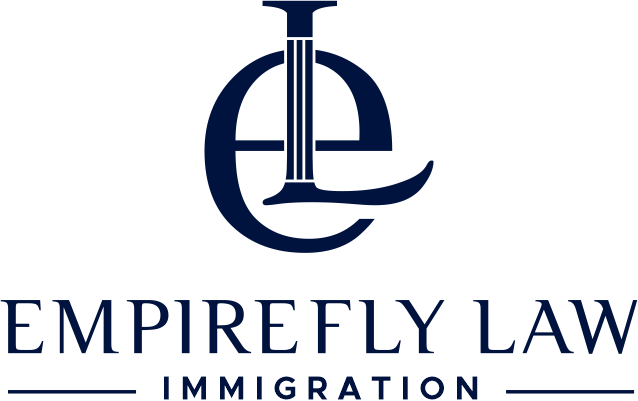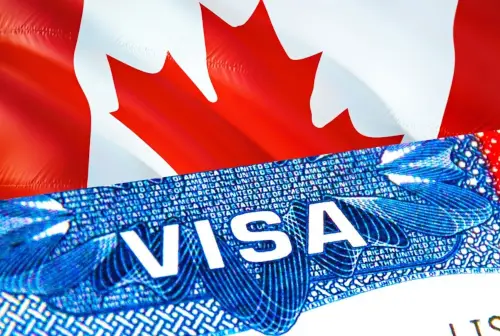Introduction
Transitioning to a legal career in Canada as an African lawyer involves several key steps, including accreditation, examination, and gaining practical experience. This comprehensive guide outlines the steps needed to qualify and practice law in Canada, ensuring you meet all the professional and regulatory requirements.
1. Understanding the Canadian Legal System
Before embarking on the process, it’s crucial to understand that Canada has a unique legal system influenced by common law and civil law traditions, depending on the province. Common law is predominant in all provinces except Quebec, which follows a civil law system. I want you to know that understanding the jurisdiction in which you intend to practice will help make your preparation and accreditation process better.
2. Accreditation: National Committee on Accreditation (NCA)
a. Credential Assessment
– Submit Your Application: The first step is to apply to the National Committee on Accreditation (NCA), which evaluates internationally trained lawyers’ legal education and professional experience.
– Required Documents: You must submit your academic transcripts, proof of law degree (LL.B. or equivalent), and any additional qualifications or professional experience.
b. NCA Assessment
– Assessment Process: The NCA will assess your credentials to determine if they are equivalent to Canadian legal education standards. The assessment will identify deficiencies and specify the NCA examinations or courses you must complete.
– Possible Requirements: You may be required to take specific courses or pass examinations in subjects such as Canadian constitutional law, Canadian criminal law, administrative law, and professional responsibility.
3. Completing NCA Examinations or Law School Courses
a. NCA Examinations
– Preparation: Prepare for the NCA examinations using study guides and legal texts, and possibly join study groups. These exams test your knowledge of Canadian law and legal principles.
– Examination Subjects: Common subjects include Foundations of Canadian Law, Canadian Professional Responsibility, Canadian Constitutional Law, Canadian Administrative Law, and Canadian Criminal Law.
b. Law School Courses
– Alternative Path: Sometimes, the NCA may require you to complete specific courses at a Canadian law school. This alternative to passing NCA examinations is often necessary if your legal education has significant gaps compared to Canadian standards.
4. Gaining Practical Experience: Bar Admission Program
a. Articling or Law Practice Program (LPP)
– Articling: This is a mandatory practical training period where you work under the supervision of a qualified lawyer. The duration and specific requirements vary by province.
– Law Practice Program (LPP): Some provinces offer an alternative to articling, such as an LPP, which combines practical training with a simulated legal work environment.
b. Bar Admission Examinations
– Bar Exams: After completing the NCA requirements and the articling or LPP, you must pass the bar admission examinations in the province where you wish to practice. These exams test your knowledge of provincial laws, ethics, and professional conduct.
– Province-Specific Requirements: Each province has its own bar admission process, so it’s essential to check with the relevant law society for specific requirements.
5. Becoming Licensed to Practice Law
a. Applying for a License
– Application Process: Once you’ve completed the necessary examinations and practical training, you can apply for a license to practice law in your chosen province. This process typically involves submitting proof of your qualifications, passing a character and fitness review, and paying applicable fees.
b. Membership in a Provincial Law Society
– Law Society Membership: After obtaining your license, you must become a member of the provincial law society. This membership is mandatory for all practicing lawyers in Canada and involves adhering to society’s rules and regulations.
6. Continuing Professional Development (CPD)
– Ongoing Education: To maintain your license and stay updated with legal developments, you must complete Continuing Professional Development (CPD) requirements. Each law society sets its CPD standards, including mandatory courses and activities.
7. Building Your Legal Career in Canada
a. Networking and Professional Associations
– Join Legal Associations: Engaging with legal associations, such as the Canadian Bar Association, can provide valuable networking opportunities and access to resources that support your legal career.
– Attend Legal Conferences and Events: Participating in legal conferences and continuing education seminars can help you build connections and stay informed about the latest developments in the legal field.
b. Specialization and Advanced Qualifications
– Consider Specialization: As you establish your legal career in Canada, consider specializing in a specific area of law, such as immigration, corporate law, or family law. Specialization can enhance your expertise and marketability.
– Advanced Degrees and Certifications: Pursuing advanced degrees or certifications in your area of interest can further solidify your credentials and open up new career opportunities.
Conclusion
Practicing law in Canada as an African lawyer requires dedication, rigorous preparation, and understanding the Canadian legal landscape. By following these steps and leveraging the resources available, you can successfully transition into the Canadian legal profession. At Empirefly Immigration Law firm, we provide comprehensive support and guidance to internationally trained lawyers navigating Canada’s accreditation and licensing process. Please feel free to contact us today for personalized assistance and to begin your journey toward practicing law in Canada.




